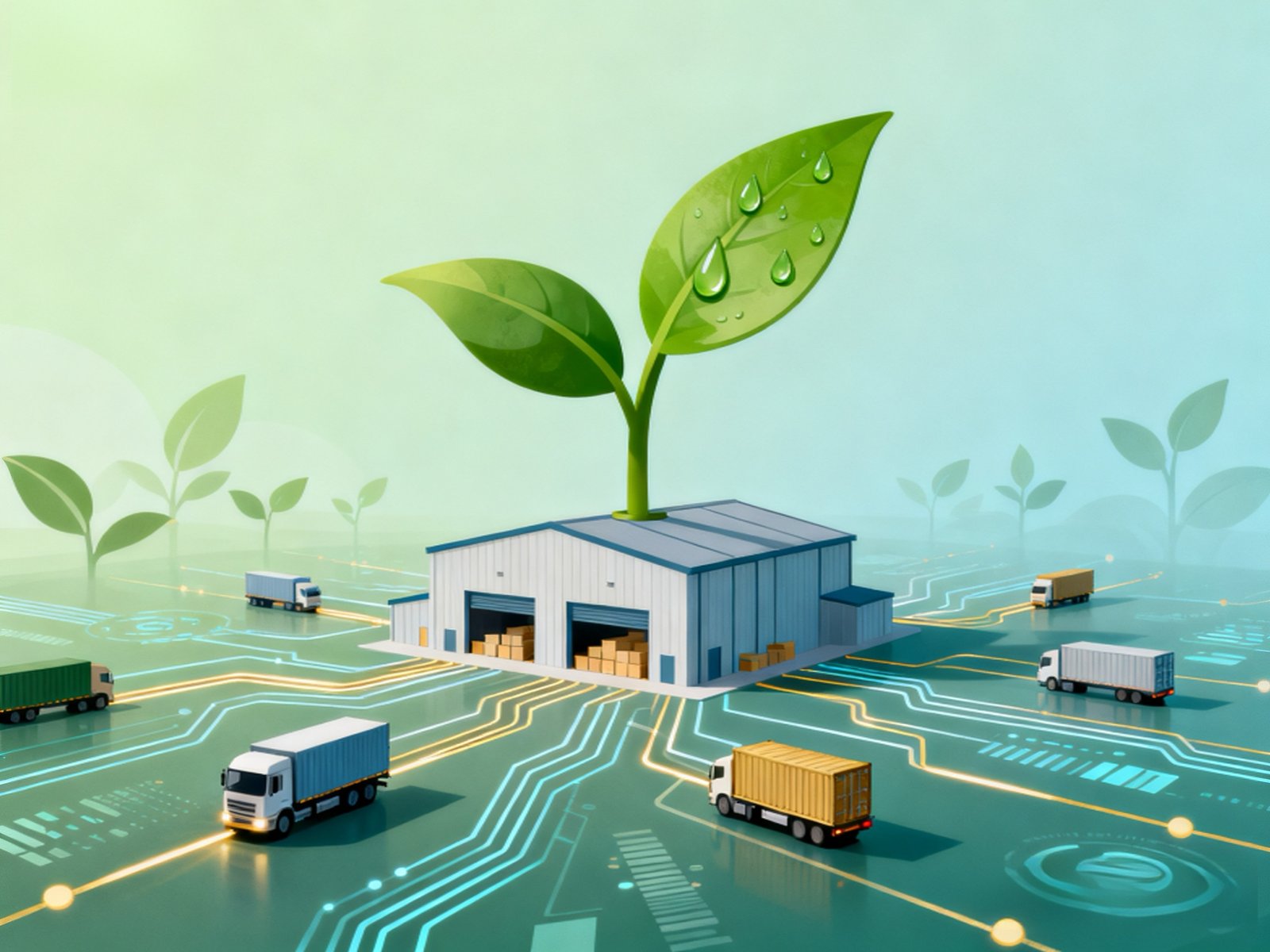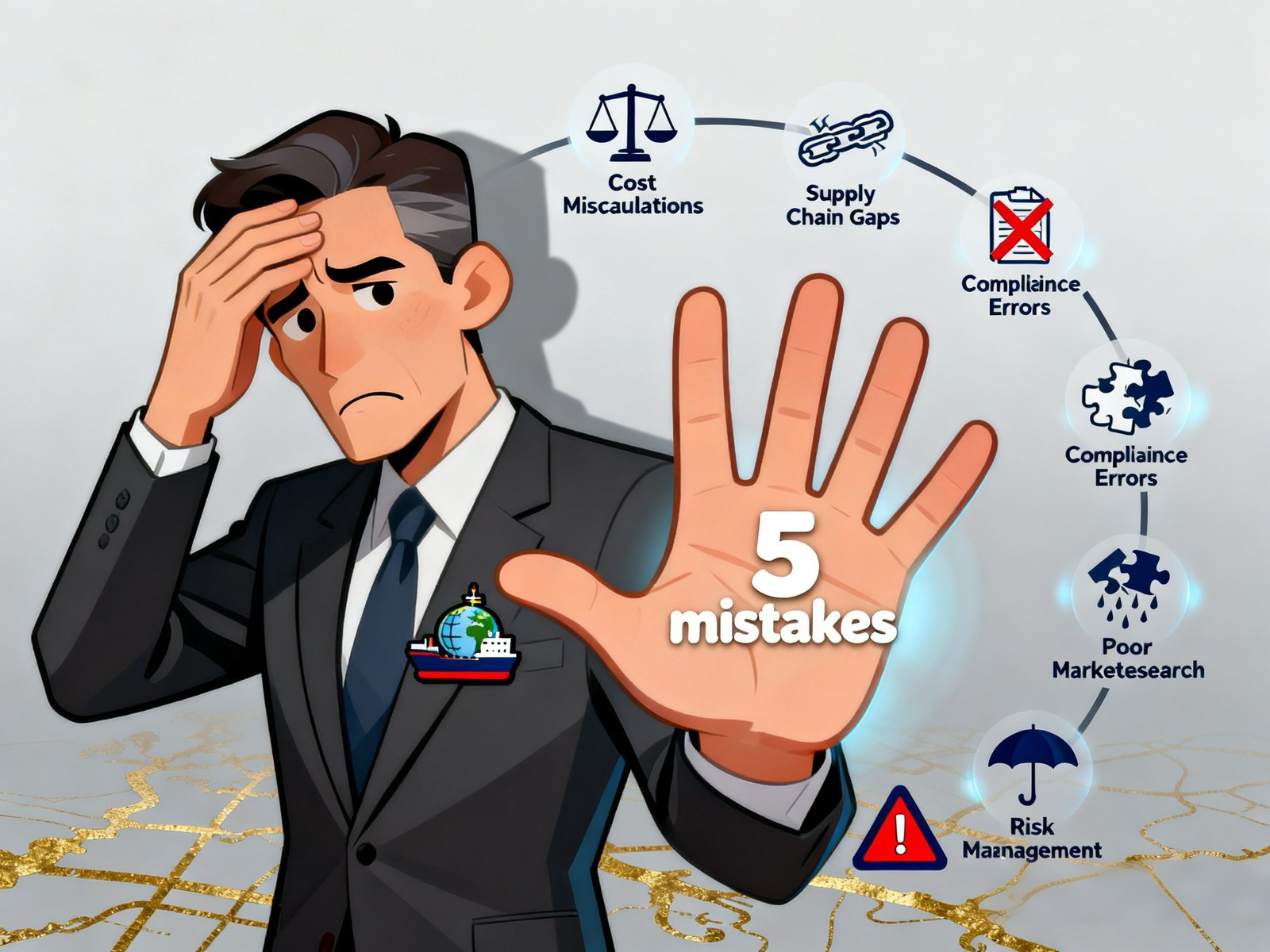In 2025, the wholesale industry is undergoing a significant transformation. Sustainability has emerged as a central focus, driven by evolving consumer expectations, technological advancements, and environmental considerations. Businesses that integrate sustainable practices into their operations are not only contributing positively to the planet but are also positioning themselves for long-term profitability and growth.
1. Embrace Sustainable Sourcing and Eco-Friendly Products
Consumers are increasingly prioritizing sustainability in their purchasing decisions. A significant 63% of consumers now prefer buying from sustainable brands, yet only 28% of wholesalers report having a formal Environmental, Social, and Governance (ESG) strategy. To align with this shift, wholesale businesses should:
- Source Responsibly: Partner with suppliers who adhere to sustainable practices, ensuring that products are ethically produced and materials are responsibly sourced.
- Offer Eco-Friendly Products: Expand product lines to include items made from recycled materials, biodegradable substances, or those that contribute to a circular economy.
- Implement Circular Procurement: Adopt procurement strategies that minimize waste and the use of virgin resources, focusing on products that can be reused or recycled.
2. Leverage Technology for Efficient Operations
Technological advancements are pivotal in enhancing the efficiency and sustainability of wholesale operations. Incorporating tools such as Artificial Intelligence (AI) and blockchain can lead to:
- Supply Chain Optimization: Use AI to predict demand, manage inventory effectively, and reduce waste.
- Enhanced Transparency: Implement blockchain technology to provide transparent tracking of products, ensuring authenticity and ethical sourcing.
- Data-Driven Decision Making: Employ digital tools to gather and analyze data, facilitating informed decisions that align with sustainability goals.
3. Build Strong Relationships with Eco-Conscious Retailers
Establishing partnerships with retailers who share a commitment to sustainability can amplify the impact of your efforts. Collaborate with like-minded businesses to:
- Co-Develop Sustainable Products: Work together to create products that meet environmental standards and appeal to eco-conscious consumers.
- Share Best Practices: Exchange knowledge and strategies to improve sustainability across the supply chain.
- Joint Marketing Initiatives: Promote sustainable products through collaborative marketing campaigns, reaching a broader audience.
4. Prioritize Ethical Labor Practices
Ensuring fair and ethical labor practices within your supply chain is crucial for a sustainable business model. This includes:
- Fair Wages and Working Conditions: Guarantee that workers are paid fairly and work in safe, humane conditions.
- Support for Artisans: Empower artisans, especially women, by providing training, funding, and market access to help them transition from informal craft work to sustainable businesses.
- Transparency and Accountability: Regularly audit and disclose labor practices to maintain trust and accountability.
5. Adopt Circular Business Models
Transitioning to a circular business model can significantly reduce environmental impact and open new revenue streams. Strategies include:
- Product Lifecycle Management: Design products with their entire lifecycle in mind, ensuring they can be reused, refurbished, or recycled.
- Take-Back Programs: Implement programs that encourage customers to return used products for recycling or repurposing.
- Collaborate with Recyclers: Partner with recycling companies to process returned products and materials, closing the loop in the supply chain.
6. Engage in Transparent Marketing and Reporting
Building consumer trust is essential for long-term success. Transparent marketing and reporting practices include:
- Clear Communication: Clearly articulate the sustainable practices and values of your business to consumers.
- Third-Party Certifications: Obtain certifications from recognized organizations to validate your sustainability claims.
- Regular Reporting: Publish annual sustainability reports detailing progress, challenges, and future goals.
7. Stay Informed and Adapt to Regulatory Changes
The regulatory landscape surrounding sustainability is continually evolving. To remain compliant and proactive:
- Monitor Regulations: Stay updated on local and international regulations related to environmental standards and sustainability.
- Adapt Practices: Adjust business practices to comply with new regulations, ensuring ongoing compliance and avoiding potential penalties.
- Advocate for Sustainability: Engage in industry groups and forums to influence and stay ahead of regulatory changes.
Conclusion
Building a sustainable wholesale business in 2025 requires a multifaceted approach that integrates environmental responsibility, technological innovation, ethical practices, and strategic partnerships. By embracing these strategies, businesses can not only contribute positively to the planet but also position themselves for long-term success in an increasingly eco-conscious market.



